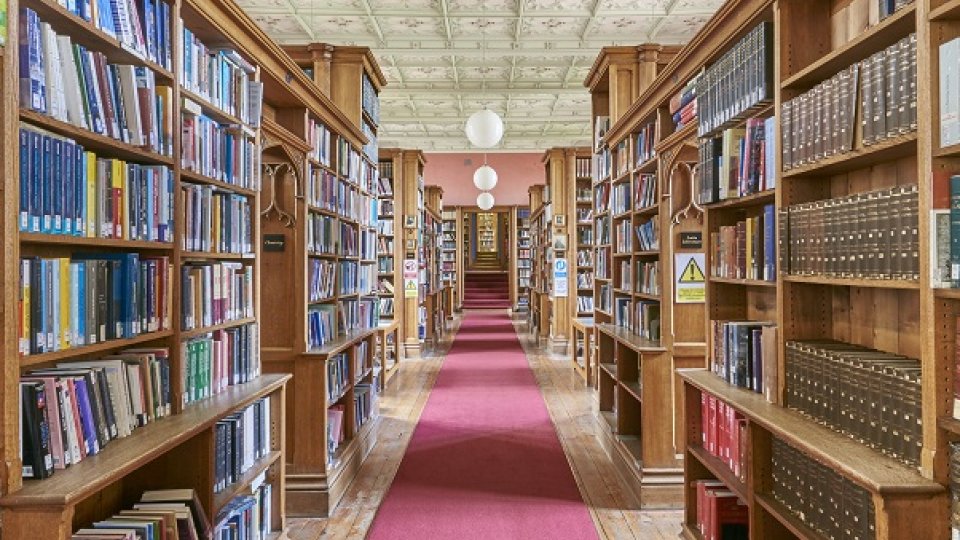Graduate students are the powerhouse without whose fresh thinking and brilliant minds the ground-breaking research and new discoveries often would not happen. Graduate degrees are also an increasingly important means to advancing career opportunities across many professions. But securing funding is getting more and more precarious and difficult, and going on to do a Masters or PhD can prove prohibitively expensive to those without individual financial means.
At any given time King’s has in the region of 200 PhD students on three-year research degrees, and around 80 MPhil and Masters students on one-year courses. Availability and extent of funding is a major issue, and an increasing number of those offered a graduate study place at King’s who fail to take it up cite finance as the reason.
Your gift can help us grow our graduate student numbers and support more outstanding scholars, ensuring that everyone has the same opportunities irrespective of means or variability in funding.
Innovation comes only from the assault on the unknown
- Sydney Brenner (KC 1958)






